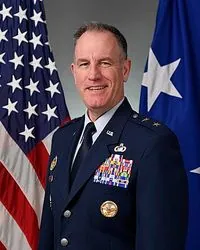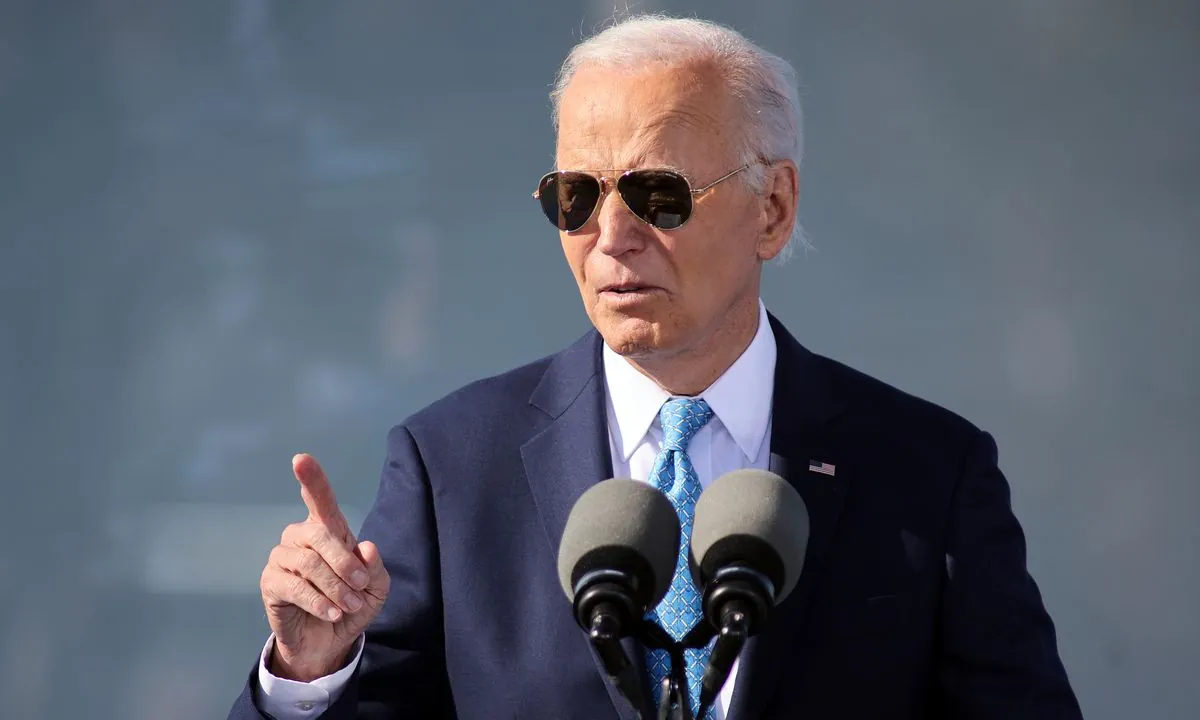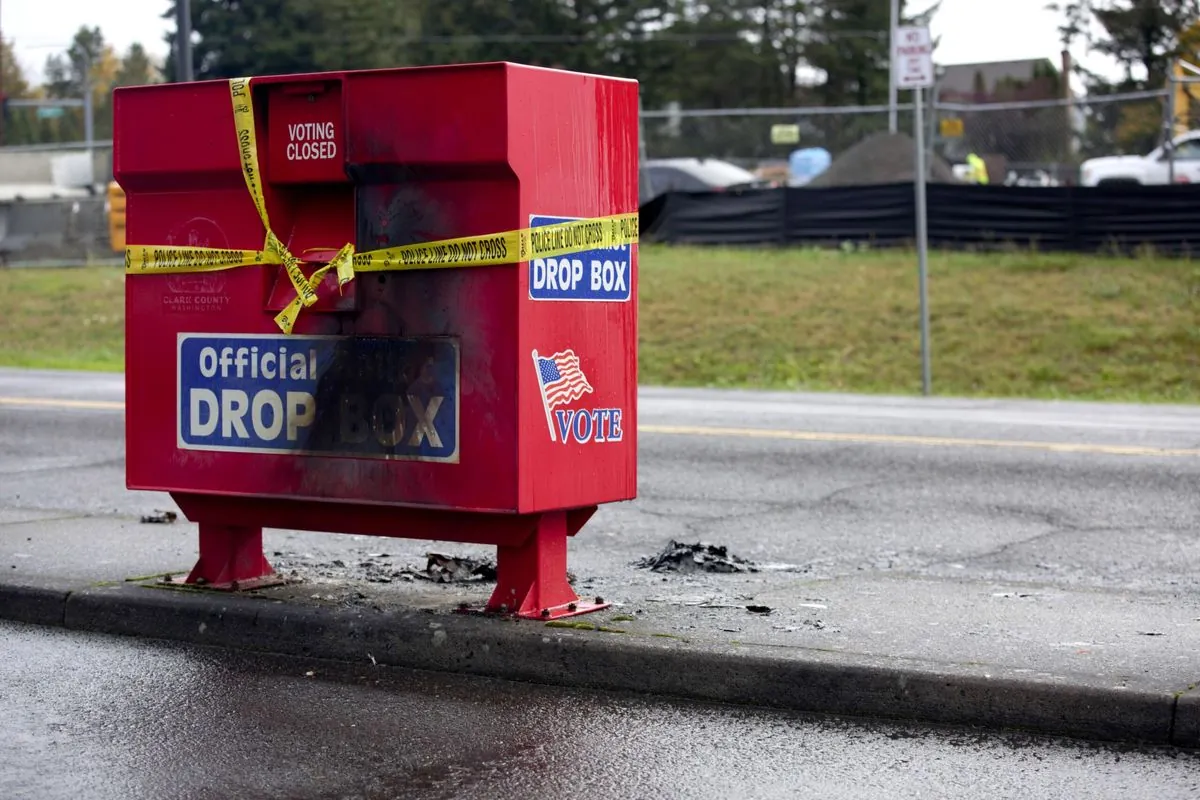NASA Faces Crucial Decision on Astronaut Return Amid Safety Concerns
NASA weighs options for returning astronauts from the International Space Station, balancing safety concerns with Boeing's Starliner against SpaceX's proven Dragon capsule. Decision expected soon.
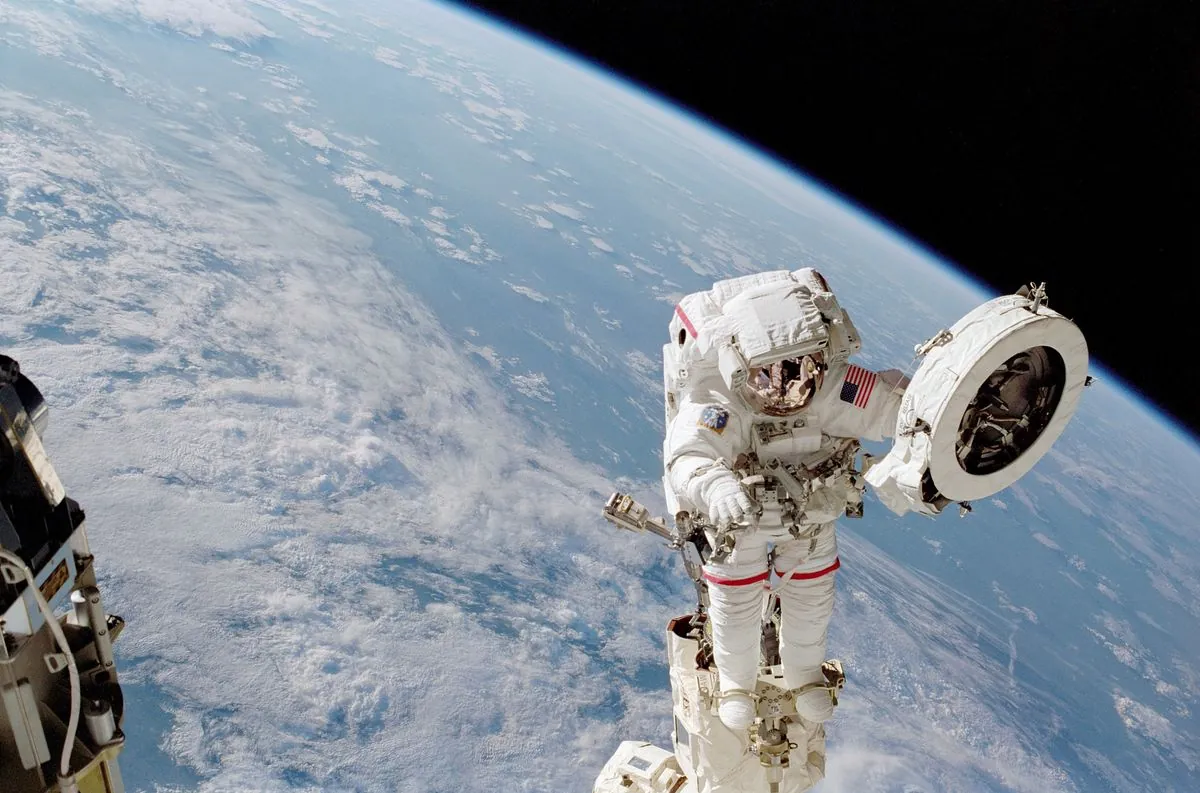
NASA finds itself at a critical juncture as it deliberates on the safest method to bring astronauts Sunita Williams and Barry "Butch" Wilmore back to Earth from the International Space Station (ISS). The decision, expected by late August 2024, revolves around utilizing either Boeing's Starliner spacecraft or SpaceX's Dragon capsule.
This pivotal choice comes amidst technical challenges encountered during Starliner's recent mission, which began on June 5, 2024. The spacecraft experienced thruster failures and helium leaks during its approach to the ISS, raising concerns about its reliability for the return journey.
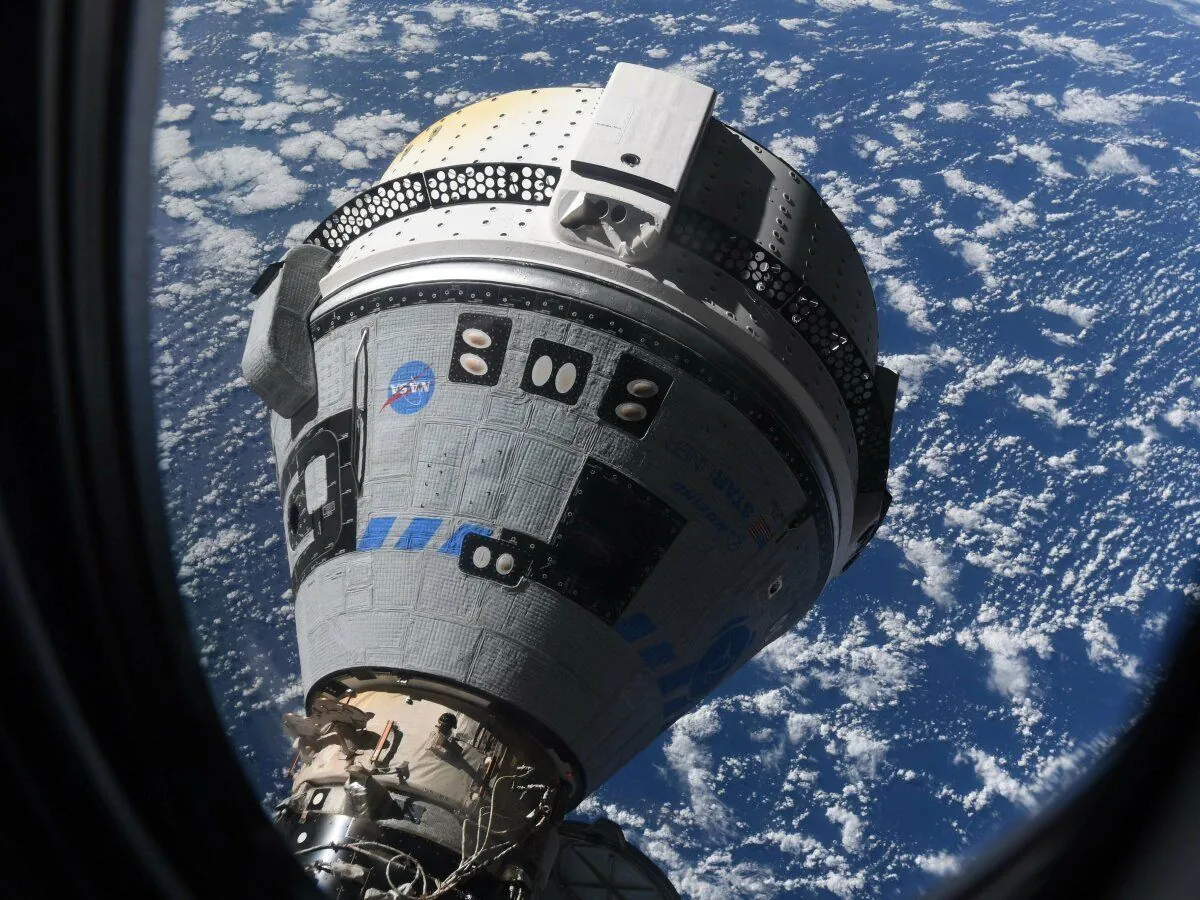
The situation has sparked an unusual public disagreement between NASA and Boeing engineers. While Boeing maintains that the Starliner is safe for the return flight, NASA has adopted a more cautious stance, requesting additional tests and data before making a final decision.
NASA's approach reflects the agency's deep-rooted safety culture, shaped by past tragedies. The Challenger and Columbia disasters, occurring in 1986 and 2003 respectively, resulted in the loss of 14 astronauts and significantly influenced NASA's operational philosophy.
"We're reaching a point where that last week in August, we really should be making a call, if not sooner."
If NASA opts for SpaceX's Dragon capsule, it would necessitate an extension of the astronauts' mission from the initially planned eight days to approximately eight months. This scenario would involve Williams and Wilmore returning with SpaceX's Crew-9 mission, scheduled to launch in September 2024 and return in February 2025.
The decision-making process has drawn attention to Vice President Kamala Harris's role as head of the National Space Council. While the Space Council maintains that it does not influence operational spaceflight safety decisions, the situation has potential political implications.
NASA's commitment to safety and open discussion is evident in the words of Russ DeLoach, NASA's chief of safety and mission assurance: "This robust exchange of viewpoints is a necessary aspect of the healthy safety culture that's important to the success of human spaceflight."
As the deadline approaches, NASA continues to prioritize astronaut safety above all else, demonstrating the lessons learned from its 66-year history of space exploration. The agency's decision will not only impact the immediate mission but also shape the future of commercial spaceflight partnerships.














